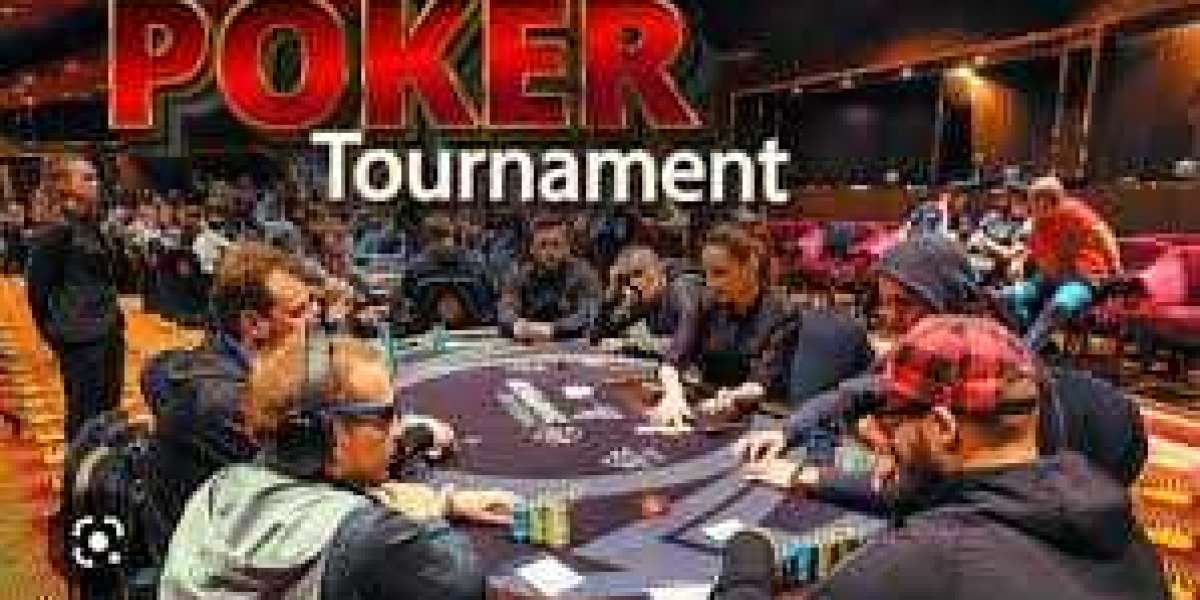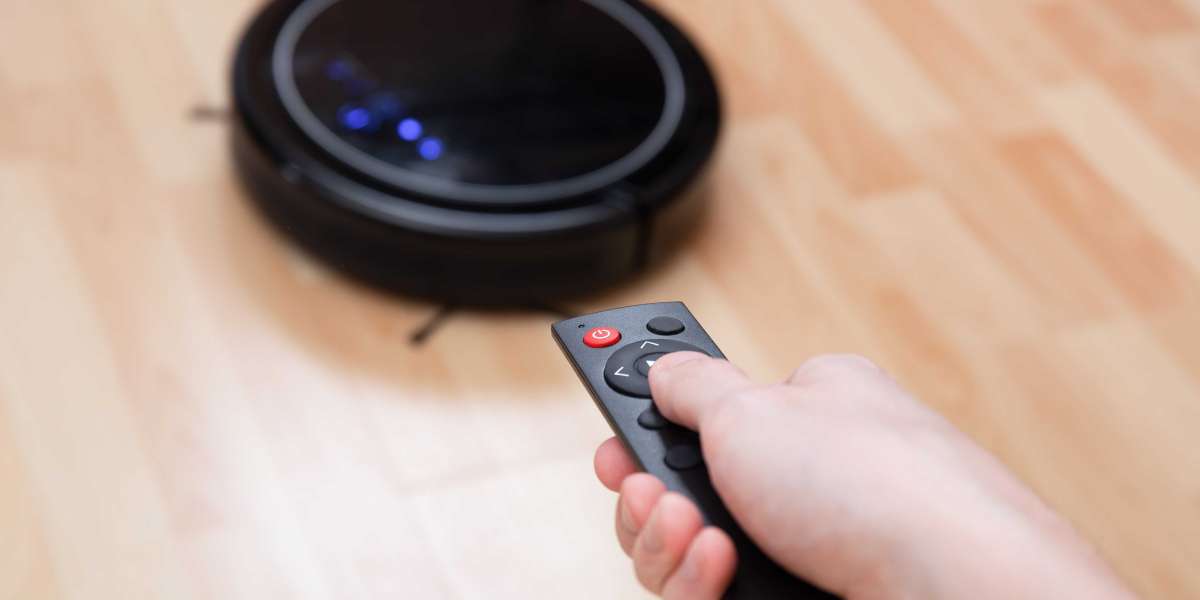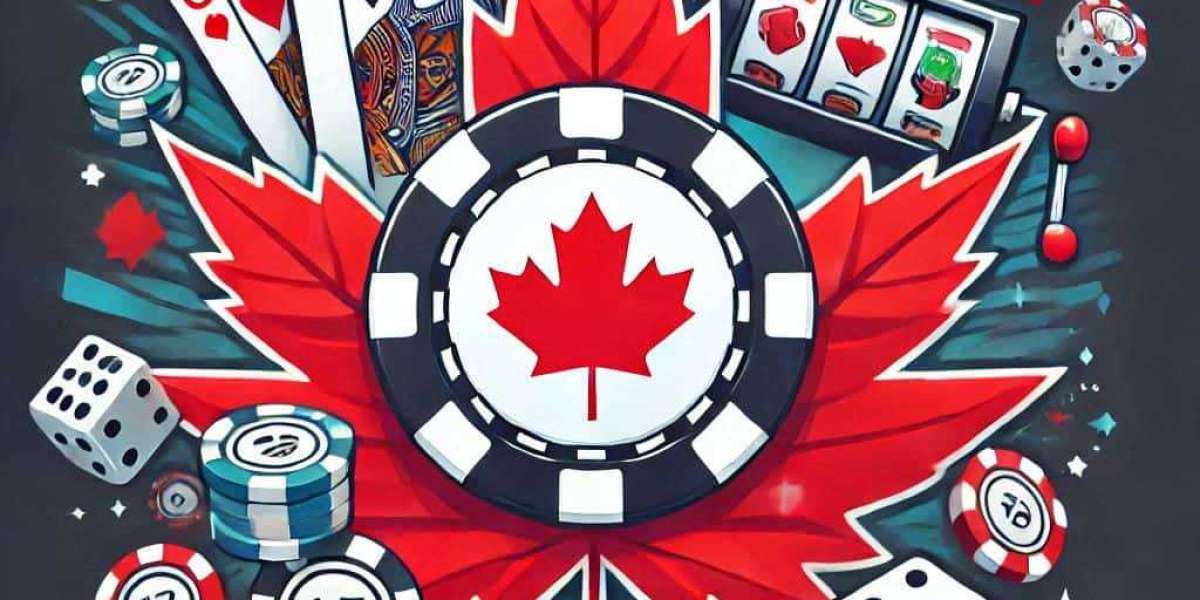Entering a poker tournament involves several important steps to ensure you're well-prepared. Here's how you can participate in one:
1. Check the Tournament Schedule
To start, you need to find out when and where poker tournaments are happening. You can easily check schedules through online poker sites like PokerStars, 888poker, and Partypoker. Additionally, many local casinos and poker clubs also host offline tournaments. Keep an eye on these schedules to find tournaments that suit your availability.
2. Confirm Your Eligibility
Poker tournaments are usually divided into different levels: beginner, intermediate, and expert. Beginner tournaments have lower entry fees and smaller prizes, while intermediate and expert levels come with higher fees and bigger rewards. Make sure to choose a tournament that matches your skill level. Some tournaments may have specific requirements or rankings, so double-check the rules before signing up.
3. Prepare the Entry Fee
Most poker tournaments charge an entry fee, and this varies depending on the tournament size. Smaller online tournaments may have fees as low as a few dollars, while large offline tournaments can cost hundreds or even thousands of dollars. Be sure to pick a tournament that fits within your budget.
4. Pre-register for the Tournament
Popular tournaments often fill up quickly, so it's a good idea to register early. For online tournaments, registration can be completed easily on the website. For offline events, you can register by contacting the organizer directly or signing up online.
5. Learn the Tournament Rules
Every tournament may have slightly different rules. It's essential to understand these before participating, especially things like blind structures, level times, and prize distribution. Knowing the rules ahead of time will help you avoid any surprises during the event.
6. Practice Your Poker Skills
To perform well in a poker tournament, consistent practice is key. You can sharpen your skills by playing practice games on online poker sites or joining smaller tournaments. Additionally, reading poker books or taking online courses can help you improve your strategies and knowledge of the game.
7. Prepare Mentally and Physically
Poker tournaments can last for hours, so it’s crucial to stay mentally focused and physically ready. Make sure to get enough sleep, stay hydrated, and eat well. Regular exercise can also help keep your mind sharp during long tournaments. Taking breaks between rounds is important to maintain your energy and focus.
8. Network with the Poker Community
Building connections with other players can help you learn more about the game and improve your skills. Joining poker forums, social media groups, or poker clubs allows you to share tips, practice together, and discuss strategies with other participants. Being part of the poker community can also make tournaments more enjoyable.
By following these steps, you’ll be well-prepared to join a poker tournament and increase your chances of success. Remember, poker is a game of strategy and skill, so the more effort and preparation you put in, the better your results will be.







